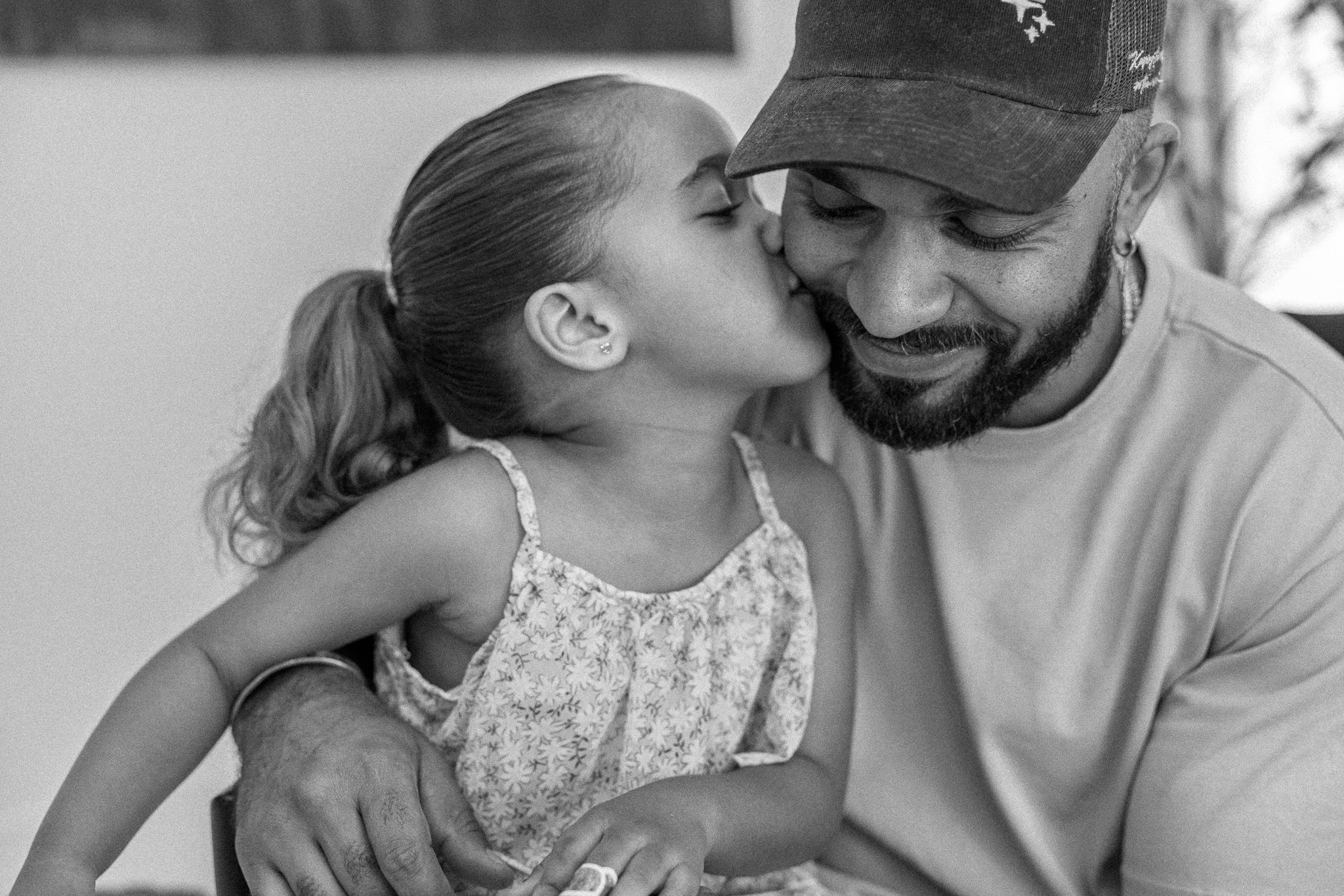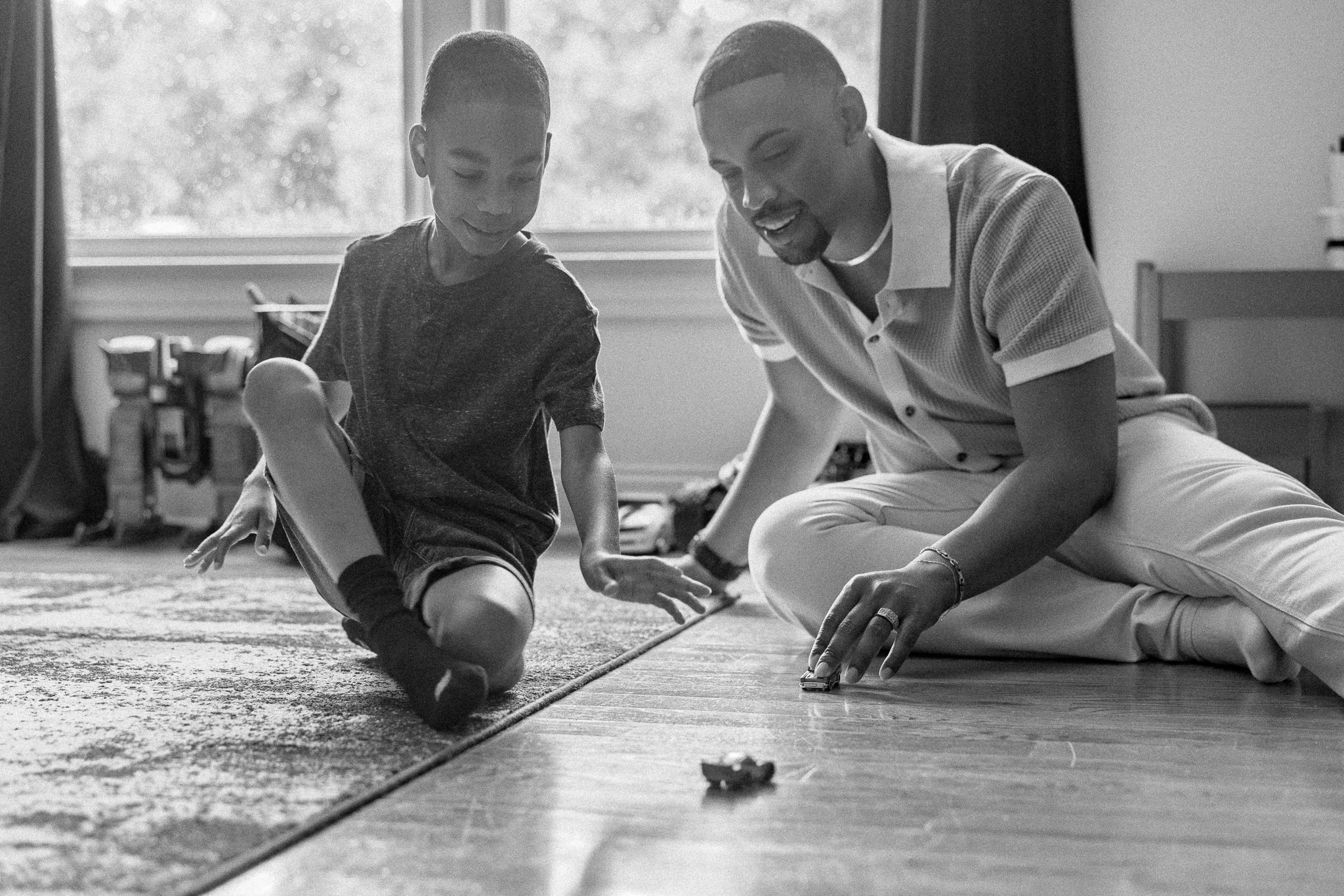
Courtesy of pexels.com
Courtesy of pexels.com
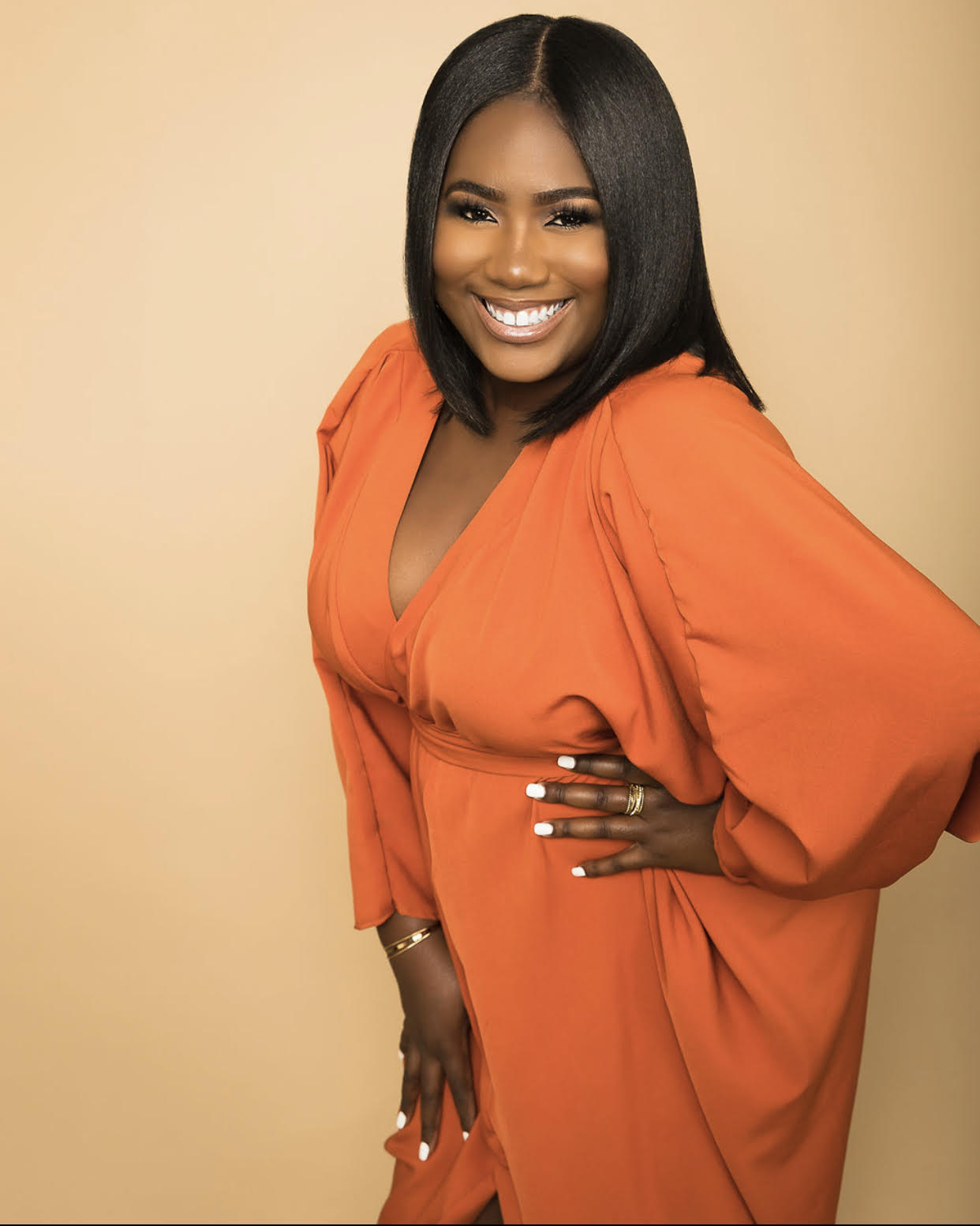
Chelece-Atavia Brown, LSW
Relationships are the mirror through which we see a true reflection of ourselves. What we see staring back at us can range from love, happiness, peace, and fear and pain. When you experience trauma within a relationship, our image of ourselves and our partners can become distorted. It’s important to recognize your trauma symptoms, like fearfulness or difficulty concentrating, so you can separate fact from fiction and regain control of your life.
To help address this topic, I spoke with licensed therapist Chelece-Atavia Brown and licensed clinical social worker Elyssia Lewis about dealing with past relationship trauma, healing from it, and remaining open to love.
How do you know you are traumatized by a relationship?
Elyssia Lewis: When you realize you are no longer yourself. Although ‘trauma’ may appear to be a buzzword today — right alongside “toxic” — it isn’t something to trend. Relationship trauma, or post-traumatic relationship syndrome (PTRS) is one of the most devastating encounters we experience as humans. Abusive relationships can include emotional, physical, and sexual abuse which can cause PTRS. The chaotic effects of PTRS have the potential to significantly discredit our lives and generations after us.
Related Articles:
Dr. Ally on Forgiving Your Parents, Partnerships, and Reparenting Your Inner Child
How to Assess and Address Toxicity in Relationships
How Therapy Changed My Life
While some clinicians acknowledge and treat PTRS, the DSM-5 TR does not classify relationship trauma as an official psychiatric diagnosis. This disarray of interpretation amongst mental health providers and researchers results in relationship trauma symptoms to be minimized. The individual is classified as “too emotional” or in polarity the person is deemed “insensitive”. While these things may be true in limited cases, here are four common indicators that you or your loved one may be experiencing PTRS.
- An initial response of terror or rage toward the abusive partner.
- Ruminating (verbally or mentally) on the abuse followed by feelings of self-doubt or hopelessness.
- Significant distrust, without causality, towards loved ones and new romantic partners accompanied by high levels of insecurity.
- Disinterest in sex or the inability to experience arousal.
Can a relationship be saved after trauma?

Courtesy of pexels.com
Chelece-Atavia Brown: Absolutely, if both parties are willing to be accountable for their actions, it can work. Individuals with impulsive behaviors respond from a place of pain and fear. At that moment, they don’t know how to articulate how they feel and are unaware of what they are feeling.
They may not have the tools to identify their triggers, which in some cases, causes an individual to become an abusive partner. Childhood trauma is often projected onto partners, and there’s a silent expectation for them to become parents, guardians, or caregivers. I often say, if you don’t heal you will become what was done to you.
A relationship can be saved if the following questions are addressed:
- Are you willing to be honest with your partner about your fears?
- Are you willing to admit that you were wrong?
- Are you willing to sit with a professional so you can identify the root cause of the problem?
- What is your motive for wanting this person back?
- Are you trying because you genuinely love them? Or are you trying to avoid loneliness?
- Why do I feel this way?”
- “What does this remind me of?”
- “How can I fix this/ am I willing to fix this?
- Are you willing to be in close proximity with a person who caused an immense amount of pain?
- Do you have the emotional capacity to be there and to love them no matter what? (If you don’t, you’re not a bad person, it’s OK! But be honest with yourself before you take the next step forward).
If you feel your needs are neglected or have feelings of abandonment, you should address this with your partner. It’s important to keep in mind that you can’t force your partner to understand.
What are some tangible tips for people healing in relationships?
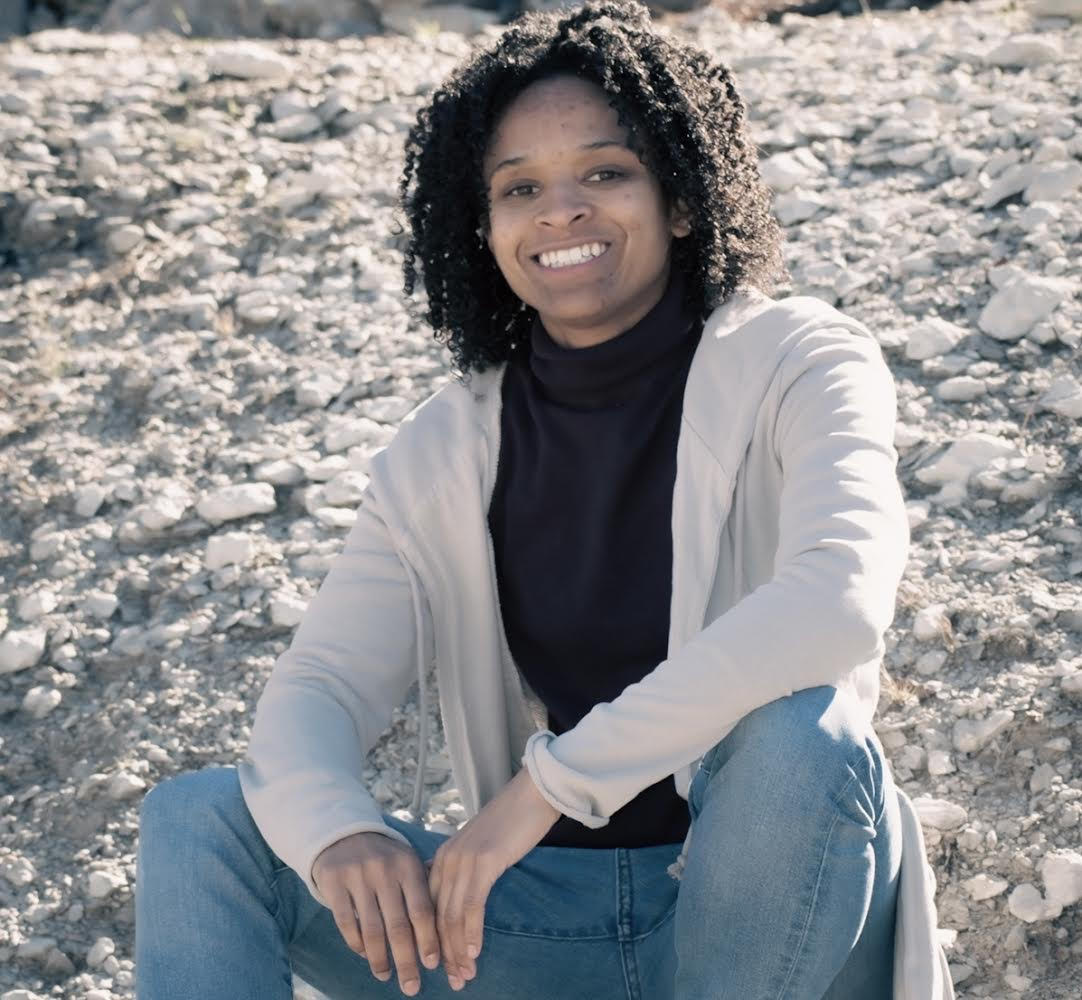
Elyssia Lewis, LCSW
Elyssia Lewis: Healing together is centered around intentionality. Spending time exhibiting the same habits doesn’t produce new results.
- Spend quality time with yourself. This time alone shouldn’t be used as a method of avoiding relational issues. Rather, it is a time for discovery. Do you know what’s underneath your own expectations and responses? Write. Them. Down.
- Schedule relationship counseling. If you immediately feel resistant to this, that’s okay. I challenge you to ask yourself one question: “Is our way of fixing our issues working for us or against us?”.
- Read relationships books together and set up boundaries for discussion of the books to explore each other on sentimental topics. A few suggestions for books include: 1. “Hold me Tight” by Dr. Sue Johnson, “Relationship Goals” by Mike Todd, and “The Fifth Agreement: A Practical Guide to Self-Mastery (Toltec Wisdom)” by Don Miguel Ruiz.
- Have fun! Yes, I said it. Healing doesn’t have to be rigid and stoic.
Intimacy is part connection and healing. There are many levels to intimacy, and it’s not solely about sex. It’s about reliance and reciprocity. Spark your love life with fun, adventurous, planned outings, or even at home games.
Understanding healing can look different for everyone; what should people expect on the journey to recovery?
Elyssia Lewis: Expect it to be messy, but doable. For my tangible people, let’s make it literal: Any time a building structure collapses, what happens? There is debris everywhere! Cleaning the debris requires time, dedication, and recognition of old habits to improve efficiency! The same collapse and clean goes for the relationship journey you are on. Expect yourself to encounter emotional breakdowns and “setbacks”. You may forgive one day and be in rage the next day. It won’t always feel like you are on top of the world. I know social media has “cancel culture and best-life” vibes, but healing doesn’t flash images of success. It is rather deep reflective moments in the mirror.
There are times where you might feel guilt and frustration. Prepare to extend grace rather than guilt towards yourself. Understand that others around you may not comprehend what you are experiencing and that’s okay. Every moment you spend on your journey has its place. If you don’t remember anything else: Expect to need help. Embrace that as beauty not a burden. Friends and family are awesome and needed but remember a licensed professional can help provide a diagnosis, treatment planning, and therapy.
How long does it take to heal from a toxic relationship?
Elyssia Lewis: There’s no time limit when it comes to healing. Time doesn’t heal all wounds; intentionality does.
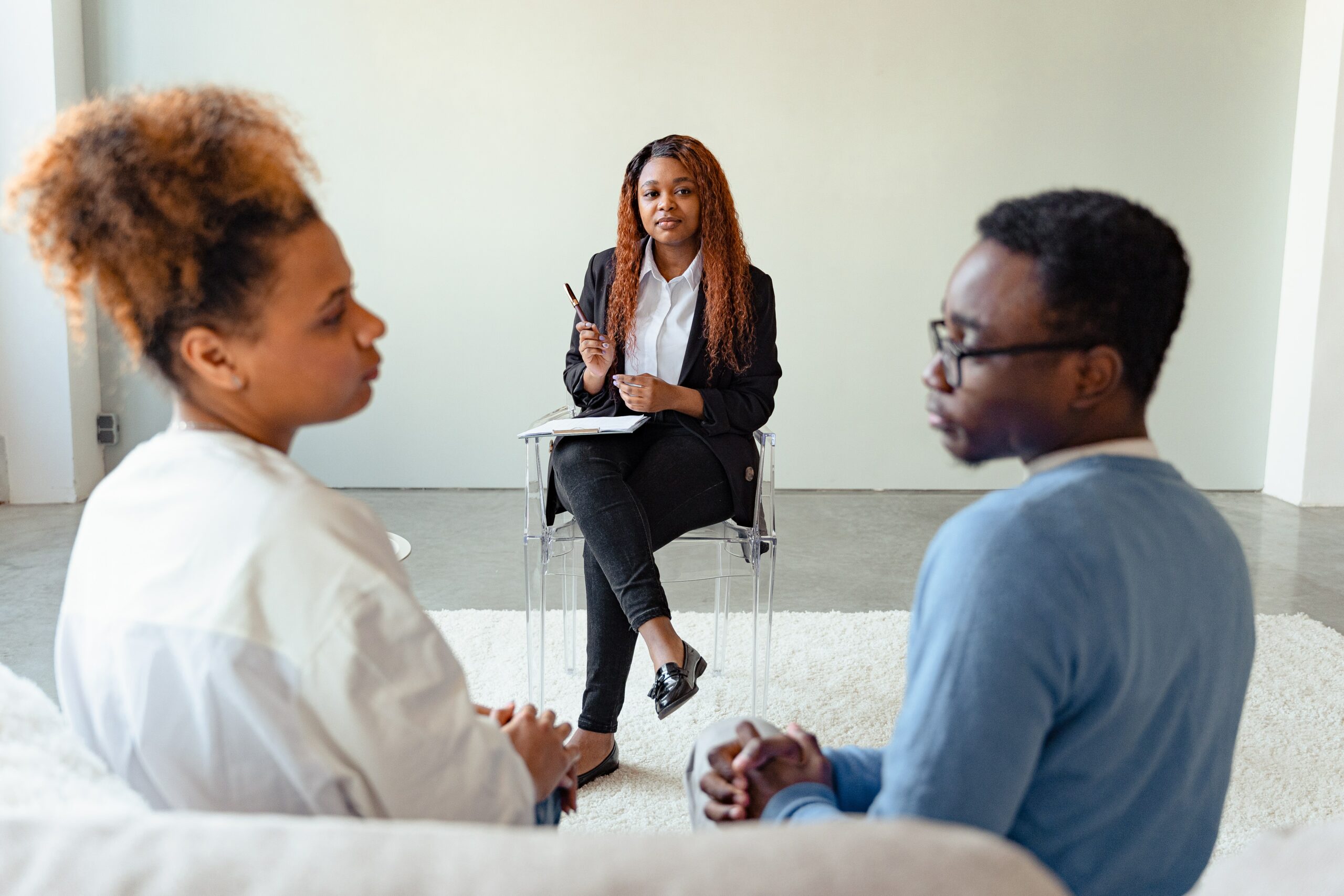
Courtesy of pexels.com
The truth is, we are all healing and will heal for the rest of our lives. Life is circular and not linear. In relationships, we must let go of rigid concepts. For example, after a year of dysfunctional relationship distress, a couple commits to healing:
Nola decides to switch their tone in conversations after realizing it’s triggering for Zedi. In a rigid linear thought, Nola expects this to immediately change the couples’ interactions and prevent future arguments. However, Zedi responds the same as before. Thus, Nola goes back to the same time as before. This is a relational trap we all get caught in. Linear “if-then” thinking and unrealistic expectations. In the example above, both partners must provide space for new habits to form. The same way we practiced dysfunctional, we must now practice functional. That happens in a circular process with expected errors.
Do you suggest helping your partner with past relationship trauma? If so, how can people support their partner’s healing?
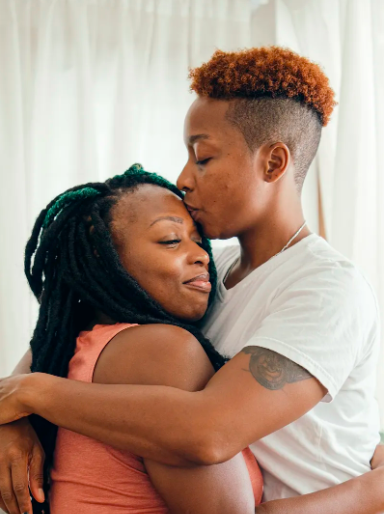
Courtesy of rawpixel.com
Chelece-Atavia Brown: I believe it’s possible to do, but I also believe it depends on the person’s capacity. Are you able to hold space for that person to process things that have damaged them? A result of them being damaged by their past relationship is they may be guarded toward you.
- Do you have enough patience to be fully present with them as they learn how to let their guard down again?
- Are you patient enough to watch them cry and hear them say that they miss their ex-partner?
That’s the reality of a relationship, you can’t expect a person to forget about the memories they had with someone they were in love with. Yes, they moved on, but if that relationship caused them a lot of pain you must ask yourself what you are willing to handle? What are you willing to accept and are you triggered by the fact that this person is still affected in a negative way by a relationship from their past. Does that make you have low self-esteem? If you internalize your partner’s response you won’t see eye to eye.
Check your motive!
Is your motive for your partner to be whole, well, and healed? Or do you want to be a superhuman and try to fix this person just so you can prove to yourself that you’re lovable?
It requires a lot of self-reflection, honesty, and vulnerability.
Is it possible to actively work on healing yourself while pursuing a new romantic relationship?
Chelece-Atavia Brown: Absolutely! It’s important to take the time that you need to get to know yourself, but if you meet somebody, you don’t have to push them away. If you’re ready to be vulnerable and honest about your healing process and what that looks like, and if you feel comfortable allowing a person into that space, then by all means do it. There’s a misconception that a person must be 100% healed and that’s not true. Life is about lessons and we’re always learning; we’re not striving for perfection. When you strive for perfection, then you can’t be your true self or stay in the moment of your journey.
How do you keep your heart open to the possibility of love?
Chelece-Atavia Brown: In a garden, when you put a seed in the ground and water it… it grows. The same concept is true for negative thoughts. If you feed your thoughts of “I’m not good enough,” you’ll reap more heartbreak, confusion, and resentment.
3 words…
Grace, honesty, patience.

Courtesy of Elina Zolotareva/DreamsTime.com
Grace: Give yourself grace to feel your emotions and acknowledge your fears about moving on. Pay attention to the questions that come to mind when you think about being in another relationship. The truth is your heart gets damaged in a traumatic relationship. It affects how you view yourself, others, and your perception of love and partnership. It’s an automatic response to be guarded because you want to protect yourself from being hurt again. The scary, and beautiful thing about love is you never know what you’ll receive if you don’t try.
Honesty: Be honest with yourself before entering your journey to finding love again. Ask yourself “Are you ready?” “What do you want?” “Are you ready to give your heart to somebody?” “Are you ready to trust again?” If you’re not, it’s OK! If you’re honest with yourself before you get out there, then you can decide what’s best for you.
Patience: It’s OK to mess up! Give yourself room to breathe, to be and to feel. You will be triggered but the intensity of the trigger won’t be the same forever. You won’t have all the answers right away. It’s possible you’ll miss a few red flags. You will have moments of isolation, self-doubt, and fear. Patience is something that you learn overtime. You learn how to love yourself again or for some you learn how to love yourself for the first time.
What is the secret to thriving in any relationship?
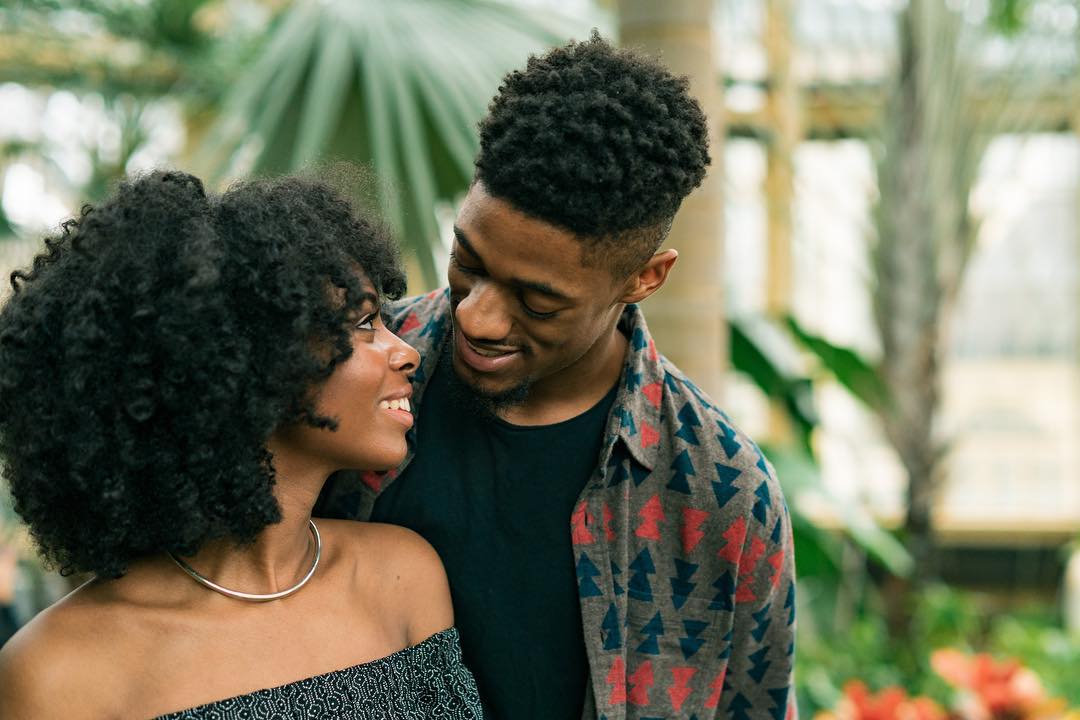
instagram: @mfieldsphotography
Elyssia Lewis: The secret to thriving in any relationship is presence. Yes! I know it sounds all flowery but let me explain. It’s showing up in the moment you both stand. Before communication, before therapy, before healing, before financial readiness and credit scores, before future planning, before it all is presence. Presence is the determinant of success in a relationship.
The other determinants above are behind the door and presence is the key to opening them into fruition. Without acknowledging presence, the rest of those actions will, unfortunately, succumb to constant references of past transgressions and anxieties about the future. While uniformed and socially accepted, couples often seek to solve problems through trying to rectify or justify past actions. However, a relationship cannot thrive in the past, nor can it thrive in any fixation of the future. Its ability for sustainment and growth depends on the presence of each partner. Presence is the realization that the only place change occurs is in the awareness of now. This helps couples focus on their current environment, emotions, expectations, and needs. It doesn’t pretend events didn’t happen, but rather raises them to a place of acceptance. In presence, we have the ability to love one another, without judgment, and create a space for healing.
Related Articles
Bozoma Saint John talks Black motherhood, grief, self-love, and finding joy again. Don’t miss her powerful conversation on building legacy and living boldly.
Tyler Lepley shows the beauty of Black fatherhood, blended family life with Miracle Watts, & raising his three children in this Father Noir spotlight.
Black fathers Terrell and Jarius Joseph redefines modern fatherhood through love, resilience, unapologetic visibility in this Father Noir highlight.
Featured Articles
When Elitia and Cullen Mattox found each other, they decided that they wanted their new relationship together, their union, to be healthier and different.
Celebrate their marriage and partnership with the release of the documentary “Time II: Unfinished Business”
The vision for our engagement shoot was to celebrate ourselves as a Young Power Couple with an upcoming wedding, celebrating our five year anniversary - glammed up and taking over New York.
Meagan Good and DeVon Franklin’s new relationships are a testament to healing, growth, and the belief that love can find you again when you least expect it.
Our intent is to share love so that people can see, like love really conquers everything. Topics like marriage and finance, Black relationships and parenting.
HEY CHI-TOWN, who’s hungry?! In honor of #BlackBusinessMonth, we teamed up with @eatokratheapp, a Black-owned app designed to connect you with some of the best #BlackOwnedRestaurants in YOUR city – and this week, we’re highlighting some of Chicago’s best!


